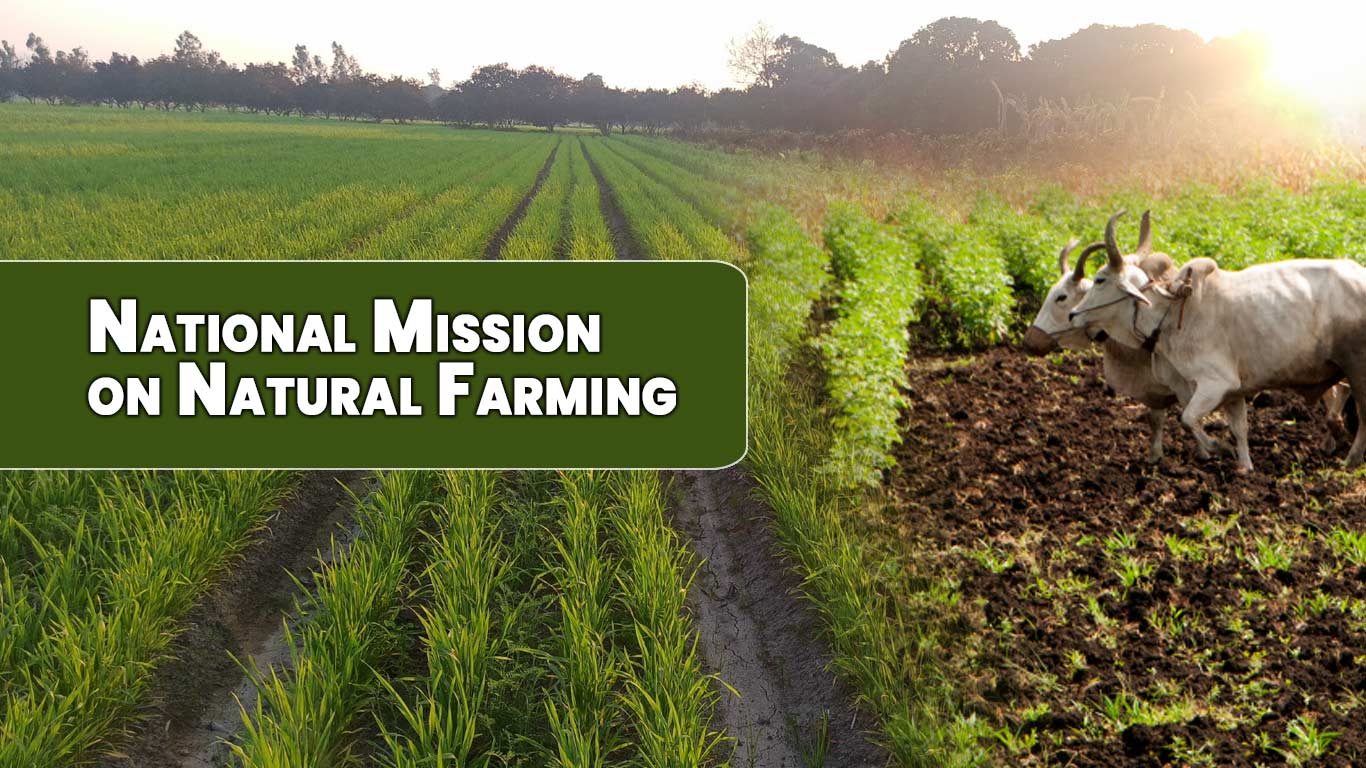The National Mission on Natural Farming is a transformative initiative that holds the potential to reshape India’s agricultural landscape. By promoting sustainable farming methods, enhancing soil health, and increasing farmers’ incomes, the mission is paving the way for a greener, more resilient future for Indian agriculture. For UPSC aspirants, understanding the mission provides valuable insights into agricultural policy, rural development, and environmental governance, all of which are key areas of the UPSC syllabus. Through a focus on natural farming, India is making significant strides towards achieving food security, sustainable agriculture, and economic prosperity for its farmers.









